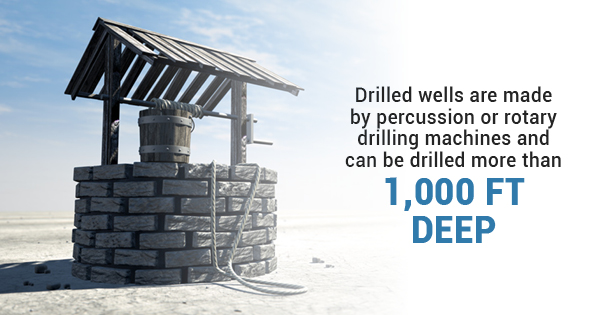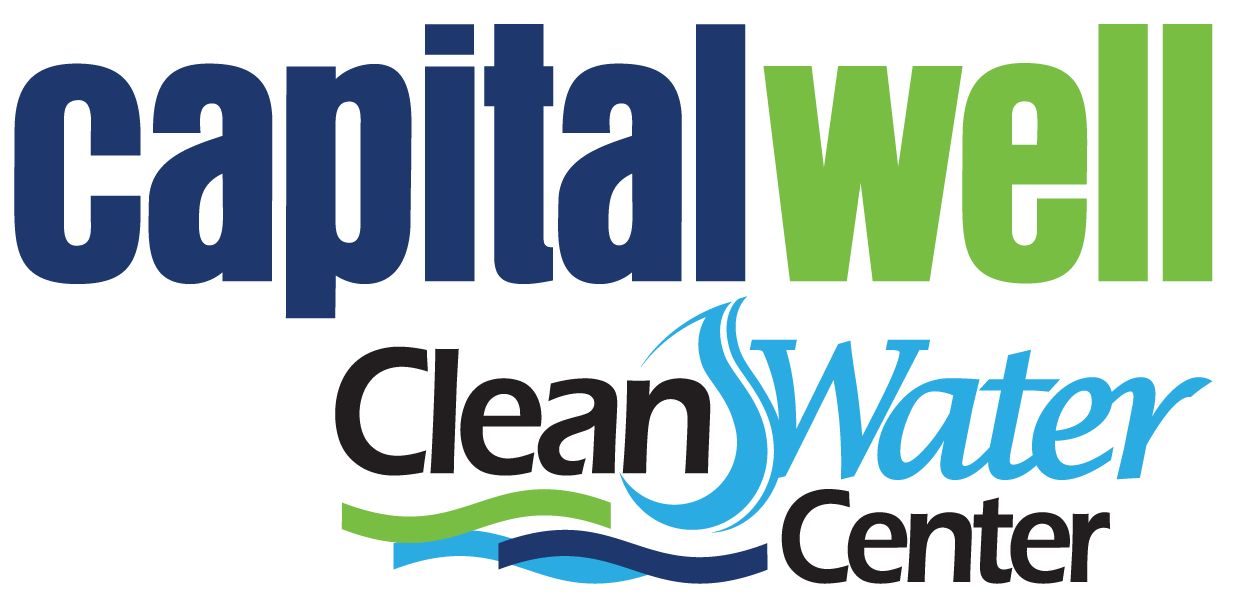
Well water often requires water filtration systems to make sure the water is safe to use and drink. Drilled wells can be drilled more than 1,000 feet deep by percussion or rotary drilling machines, and they’re not always drilled correctly. This can cause contamination, just like runoff from farms and roads can contaminate groundwater. If your home relies on well water, you need a water treatment system to ensure the water you drink is safe for human consumption. Unfortunately, it can be pretty easy to make a mistake when choosing a filtration system. So let’s take a look at a few common mistakes to avoid when testing and treating your water.
Not getting the water professionally tested. Before any sort of water filtration system can be installed, you should always have your water tested. Annual water testing can help make sure your water is safe and clean to use. Professional water testing can determine which contaminants are present in the well water, which can then determine which type of filtration system is needed. Without water testing, you won’t know what to filter out of the water. So before you buy any sort of filtration system, schedule a water test.
Not focusing on a specific issue. Similarly to not having a water test done, not focusing on a specific water issue is another big mistake. Well treatment systems aren’t designed to remove any and all contaminants. Instead, there are certain systems designed to filter out certain contaminants. So after you have your water tested, you need to ensure you’re buying a filtration system that specializes in the type of contaminants present in your water.
Not looking into underlying issues. Unfortunately, not all contaminants are easy to find and get rid of. This is why it’s important to look into and fully understand underlying issues with the well water. If your well water smells like rotten eggs, it could be because of sulfur, but it could also be caused by another issue. Issues with the pipes and plumbing can also cause issues that may not be able to be fixed by a filtration system. So before you buy a well treatment system, it’s important to fully understand all possible underlying issues and the source behind the contamination.
Hopefully, this cleared up some confusion regarding testing and treating the water with a well treatment system. In the next part of this two-part series, we’ll look at some mistakes you should avoid when choosing the actual filtration system.
